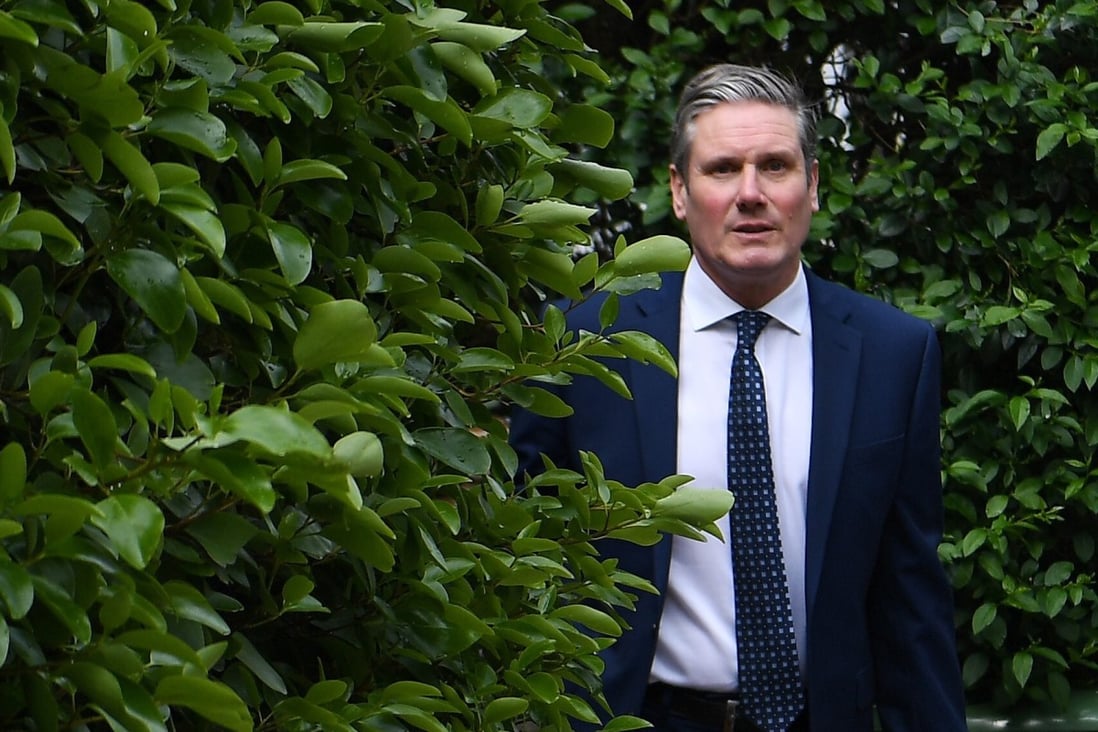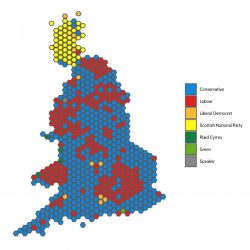Last weekend was a minor revelation. Attending a BBQ for my Godson’s 18th, conversation amongst the younger guests turned briefly to politics, at their instigation…
Bright and articulate, their views on politics and politicians were excoriating. The LibDems were a ‘dead party’ they said. As for Keir Starmer…., he and the Labour Party stood for nothing, comparing him unfavourably even to Corbyn who ‘at least had convictons’. No Starmer policies could be named, just an irritation with Labour abstaining on Covid related regulations in Parliament rather than having definitive views. Johnson came out the best albeit without the bar being set very high. He at least ‘stood for something’, notably Brexit, and had more character. There was a feeling however that he was probably fairly unfit to be Prime Minister.
Oh dear. I suggested a solution was that they go into politics to raise its standards. You must be joking was the reply. Careers in the civil service, engineering and the armed forces beckoned. Umm…Politics is rapidly becoming a profession that fails to attract the brightest and best.
But turning to the Government’s Opposition, what is the problem with Labour? Having survived the Batley and Spen by-election, Starmer is on a mission to rejuvenate the Labour Party. He has a job on his hands, admittedly made more difficult in a political environment dominated by a pandemic. Last week, he travelled to Blackpool to gain the views of former Labour voters in now Tory held seats. Their response was as bad as the young, soon to be voters, above. Views varied from irritation at opposing Brexit, a focus on Labour’s history of building up debt, failing to turn round run-down areas and simply letting down core voters with a London-centric view of life. Starmer, as a leader, scored poorly.

Under Starmer, Labour recently announced a purging of hard left factions and has been tough with disloyal Corbynites. Moderates may win the leadership of Labour’s largest backer, the trade union Unite, helping his cause. But this is the Party speaking to itself without any resonance with ordinary voters. It is simply a reminder that a new centre-left party is required in the long run.
But, today, if the Labour Party is to make progress against Johnson’s often chaotic Tories, Starmer’s team needs to produce a stream of ideas to get voters thinking. How are public services going to be paid for? What is Labour’s alternative social care plans to be ready when the government announces theirs? How do they rejuvenate inner cities in cooperation with the best of their regional/City mayors? What does life-long learning really mean in practice and how should it be organised and funded? How can we have a better relationship with the EU which makes the casualties of Brexit (including many who voted for it) feel Labour has constructively moved on. Finally, just ignore the culture wars, and start opposing the Government on aspects of managing the pandemic. Labour’s Shadow Home Secretary this morning attacked the ‘pingdemic’ but couldn’t provide an alternative solution. Pathetic.
It may be that Starmer is just too cautious and not political enough. But if he and his Labour Party don’t stand for something and soon, the Tories will romp to victory at the next election however poorly Johnson’s team governs.

